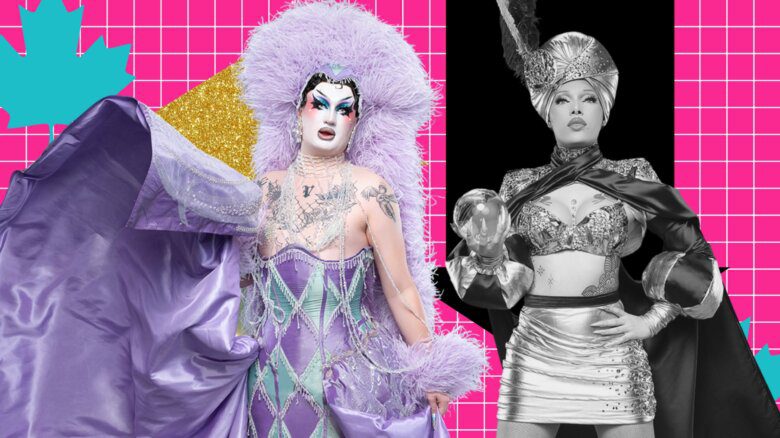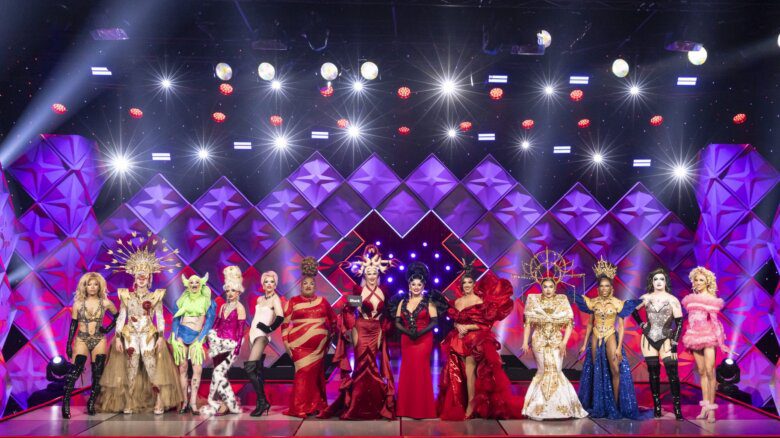Illicit lesbian love is framed once again as “the forbidden fruit” in the 2006 film, The Chinese Botanist’s Daughter, a Canadian/French co-production that was shot in Vietnam, due to the Chinese government’s objection to its content.
Set in a resplendent garden somewhere in the Chinese countryside, the film follows Li Min (Mylène Jampanoï), an orphan, as she is sent on a six-week internship with a famous botany professor, Chen (Dong Fu Lin). The professor turns out to be harsh, gruff and seemingly emotionless, expecting his 20-year-old daughter Cheng An (Xiao Ran Li) to wait on him hand on foot (literally — there are several shots of her trimming his blackened toe nails.)
Against the backdrop of lush greenery and steam coming off the river, An and Min discover their passion for each other as they become intoxicated with hallucinogens — and each other’s bodies. There are a few erotic scenes, but most of the sex is simply hinted at. A lot of the sensuality seems to be focused on An’s body, as there are numerous images of her in wet white robes, framed at a distance.
And it’s this distance, despite the passion that the film tries to portray, that ultimately makes the story seem melodramatic. It also doesn’t help that it trots out a laundry list of Western stereotypical images of Chinese culture: subservient women, stoic men, lanterns and firecrackers.
The film starts to get more interesting when the two lovers concoct a plan for Min to marry An’s brother Dan (Wang Weidong), a soldier posted in Tibet, in the hopes that the women could continue to live together in the garden during his long absences. But predictably, the botanist father walks in on the two women, and they soon face tragic consequences.
The ending is abrupt, though formulaic. It leaves this viewer hungry to know more about the real consequences of being gay in China. The isolation of the setting removes the romance from its political context. This film is more about a woman’s relationship with her father than anything else. His disappointment appears to be an allegory for a patriarchal society, but other than a bird that occasionally spouts Cultural Revolution-era slogans and an abrupt courtroom scene at the end that denounces homosexuality as a “disease,” the film could have been set anywhere. But maybe that’s the point. Lesbian love is universal, and there are many places in the world where it is still punished harshly.

 Why you can trust Xtra
Why you can trust Xtra


